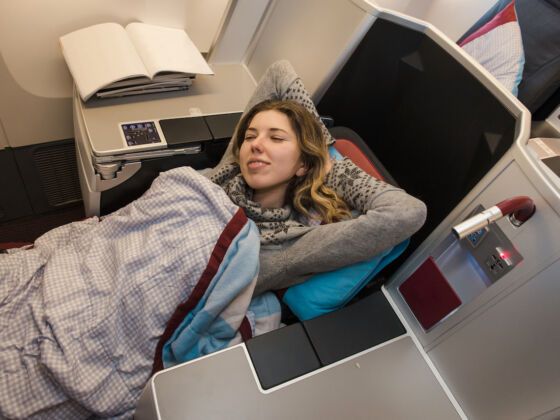In James Kwak’s “Don’t Fall for First Class,” he reveals what uber-luxurious airlines experiences, like the $23,000 Singapore Airlines’ Suites Class, is actually selling: Status.
Kwak writes:
“Ultimately, what Suites Class is selling, along with every other “luxury” first-class cabin in the air, is a feeling of distinction. Air travel is a miserable experience for everyone involved, mitigated only by the immense convenience of being able to show up in another part of the world in a matter of hours. The glamour of high-end air travel, as with any other luxury good, is a function of exclusivity.”
During my time on Wall Street, I flew business class several times to London. The emphasis on exclusivity in business travel is almost comically overt. If you fly Virgin Atlantic out of Heathrow airport, in what they unsubtly call “Upper Class,” you are treated to so many amenities, you begin to feel like royalty.
